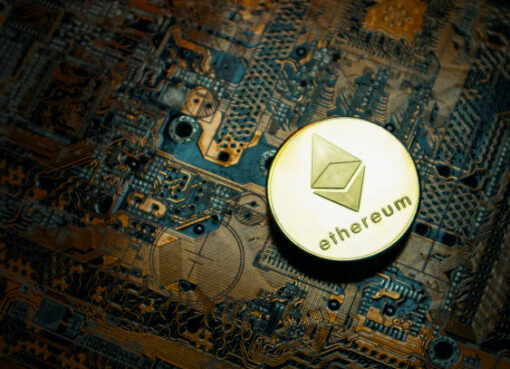Bitcoin Ordinals’s creator and chief coder, Casey Rodarmor, has recently proposed changing the protocol’s numbering system with the aim of simplifying the project’s codebase.
Since the beginning of the Ordinals protocol, each nonfungible token (NFT) created using Ordinals was assigned a unique inscription number. They functioned similarly to serial numbers and have been an integral part of the digital art minted in the protocol.
I guess the cat is out of the bag! In short, I think that the effort to keep inscription numbers stable hasn’t been worth it, and has led to ugly code and stalled development, since new changes need to be extremely and often awkardly careful not to change the numbers of old… https://t.co/SsEqjdtZFB
— Casey (@rodarmor) September 19, 2023
However, Rodarmor believes that keeping the inscription numbers stable has led to “ugly code and stalled development.” Because of this, the protocol’s chief coder proposed to make inscription numbers “permanently unstable,” which means that the numbering system that assigns unique numbers to inscriptions created in the Bitcoin network will be deprioritized.
According to Rodarmor, the move will simplify the protocol’s codebase and make it easier to make protocol changes easier in the future. The coder also clarified that inscription numbers would change but not be entirely scrapped. Rodarmor highlighted that new inscription numbers would be close to the old ones but might differ by 1%.
While many supported the move, others pointed out how users paid substantial amounts to get specific numbers and would be affected by the reorganization of numbers. Despite this, a community member noted that those who care about the numbering of the inscriptions can still sort the collectibles by their timestamps.
Related: Ordinals still make up majority of Bitcoin txs despite price collapse
Bitcoin Ordinals are artifacts that allow inscribing into a satoshi, which is the smallest denomination of Bitcoin (BTC). The protocol launched in January 2023, with thousands of inscriptions minted on the BTC network since. On Aug. 21, the NFT-like protocol accounted for 84.9% of all the activity in the Bitcoin network.
Collect this article as an NFT to preserve this moment in history and show your support for independent journalism in the crypto space.
Magazine: Ordinals turned Bitcoin into a worse version of Ethereum: Can we fix it?




